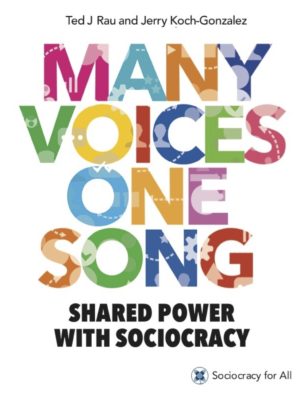I love rounds. They do many things but the most important to me is that they give everyone a chance to speak without raising their hand and waving it until the facilitator or discussion leader sees it, worrying about their place in the queue rather than listening, or counting to see if everyone else has had a chance to speak before you can speak again. Rounds place the focus on what is being said, not the process of getting it said.
I like is the way they encourage people to speak who never raise their hand because they have nothing to add. Rounds encourage everyone speak in their own words. At first people may say,”I agree with Harry,” but with practice, almost everyone will move beyond this.
Creating Peacefulness
I like the peacefulness rounds bring to the group as everyone is focused on each speaker. In a round everyone is equal. They establish and re-establish equality in the room. Knowing that everyone will have an equal opportunity relaxes everyone. They become not only relaxed for themselves, but for others.
So why do we resist doing rounds? In my community, we repeatedly ask for them but they rarely happen. Too many people in the room is a big excuse. But with practice, this one could be overcome. Reminding people to say only what is “in their heart” or what is most relevant their decision, shortens the round. Not to pontificate addressing the arguments of others.
Facilitocracy
But I wonder if a larger resistance is related to the facilitocracy that develops when groups are develop a dependence on the facilitator. Facilitocracies develop very quickly in full-group consensus models. Without the principles and structure of sociocracy and dynamic governance, the facilitator bears a huge burden in getting proposals passed. Their job becomes developing trust. If they are trusted, the process is easier. Personality holds sway, not arguments. This has its own pitfalls, however, because without a focus on arguments, the personalities of the objectors then also hold sway.
I’m beginning to consider that even more important in resistance to rounds is a facilitator’s desire to avoid shifting power to the group. Once they have developed their skills, which are often considerable, and gained the trust of the group, they want to keep the focus centered on their own facilitation. To control the room.
And to control the arguments.
And given credit for getting the job done.
Categories: Decisions and Power

